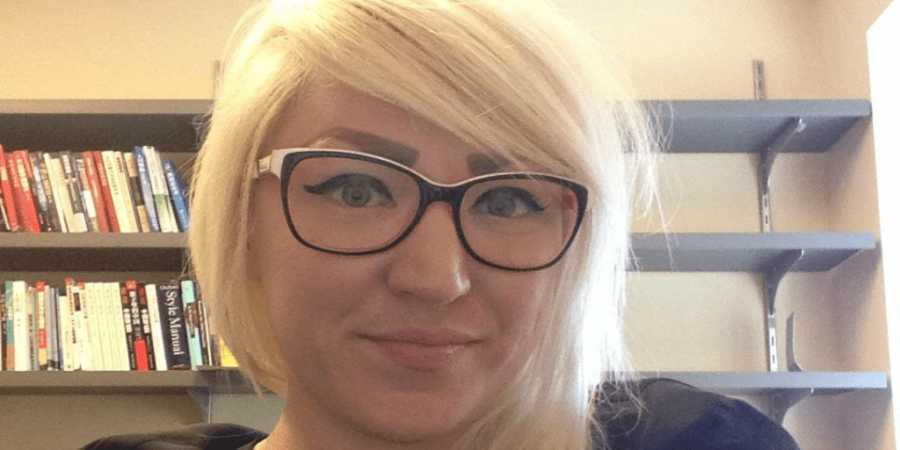In a very short period of time, Amany Al-Tunisi’s Egypt-based radio station “Banat wi Bass” (Girls Only) has succeeded in attracting a huge audience all over the Arab World. The station and its audience represent a growing desire among Arab women to make their voices heard.
The dream of Amany Al-Tunisi, a 25-year old Egyptian young woman, came true in July 2008 when her radio station went on air. “Banat wi Bass” (Girls Only) is the first Arabic radio station of its kind in the Arab World – it is run exclusively by young women and focuses on women’s issues.
Amany, the general director of Girls Only, holds a Bachelor of Science in computer science and works as a graphic designer. She is an enthusiastic young woman who wants to contribute to society by removing the hurdles that stand in the way of change and progress. At first, she thought of publishing a magazine, but then she realized that people nowadays are attracted to audio and visual media more than print ones. So, she decided to make a radio station. She looked for other girls with modern views and creative ideas, and together they started Girls Only, which is available only over the Internet. As Amany is well aware, putting her content on the Internet is the best way to avoid government censorship. Amany is not concerned by the seemingly limited scope of an online radio station; she believes that “in five years or less from now, Internet radio stations will be much more listened to than ordinary radio.”
The station aims to be an outlet for women who have long been silenced. “The idea of the radio station came to me as I was trying to imagine the future of Egyptian women… I felt so worried about it,” said Amany.
In a very short period of time, the station has succeeded in attracting a huge audience all over the Arab World. According to Amany, there are now more than 25,000 listeners everyday from Egypt, Saudi Arabia, the United Arab Emirates, Kuwait, Jordan, Lebanon, Sudan, Libya, Tunisia, Morocco, and Algeria; the number of listeners is increasing daily. Listeners range from 9 to 55 years old.
The radio station’s major success comes from its intriguing talk shows. One example is “It’s Not Life Any More,” in which issues such as divorce, spinsterhood, and unemployment are discussed. Another show, “She’s Worth a 100 Men” focuses on helping women build self-confidence, control their anger, demand their rights and deal more effectively with others. “Headache” is the daily news show, with a comedic edge. The other shows on-air include “Our People,” “First-year Hijabi,” and “How to be a Role Model”.
In addition to entertaining its audience, the station also works on spreading awareness and empowering women. Amany thinks that women in Arab and Muslim societies sometimes bear responsibility for the injustices they face. “I am not trying to regain rights,” she said, “but what I believe in is that women themselves are responsible for giving up their own rights when they believe in the notions that view them as second-class citizens. This feeling may have resulted from the beliefs and the teachings in the society they were raised in. In our station’s programming, we stress firmly the fact that a woman is not different from a man in her rights and duties.” The radio station and its audience represent a growing desire among Arab women to counter such notions by articulating their individual perspectives.
Ahmad Ghashmary is a Contributing Writer to Altmuslimah.



